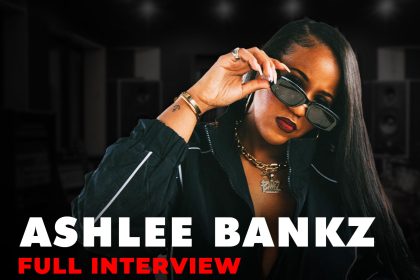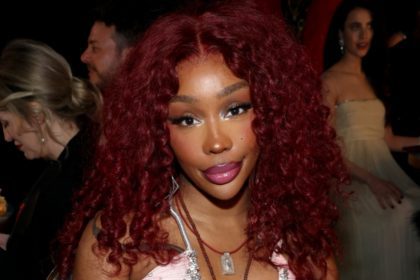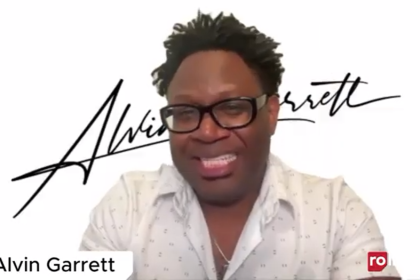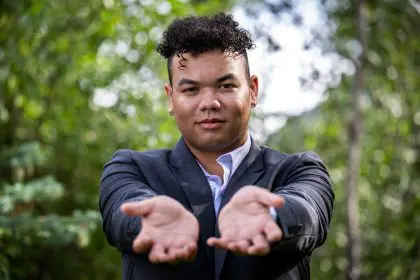Grammy-nominated singer Kenyon Dixon is bringing back what classic R&B used to sound like back in the day. His latest album, The R&B You Love, brings a range of new and old R&B styles and gives a nostalgic feeling of some of our favorite songs in the past.
Why did you gravitate to a classic sound of R&B in your music?
I think that’s genuinely who I am as a person. That’s a space that I live my life in. I gravitate more towards love in life than hate or any type of negativity. A huge part of it also is being a church kid. I think when you’re strictly raised in church, you typically tend to ease out of that; it’s not a hard jump into a different world when you’re interested in music. For me, singing about that still gives me a feeling of reminiscing of what I know growing up in the church, singing about love and God. This is a comfortable place for me. Again, it’s the life I live. I know we get a lot of hate as a modern music community, and modern creatives are making toxic music. I understand because some people live that life … but that’s not how I live, so it’s not true to me. Writing about what’s true to me is the love I’ve experienced and the love I desire, I think [that’s the] space that my music lives in.
What was your vision for The R&B You Love?
A vision I always have when making music is to just show that modern artists can create sustainable music. I think that there’s this idea that artists today can’t make classic records. I’m always willing to challenge that with every song I make. My biggest thing with The R&B You Love was to create a conversation that led to us discussing our inspirations. With the album, I tap into a bunch of different eras of R&B, so there are vibes similar to Babyface and Marvin Gaye on there, and then there’s “2000s R&B,” where it’s literally about 2000s R&B. The importance of that, for me, is because what today’s generation of listeners doesn’t understand is with technology and social media, sometimes we get versions of songs and we don’t know the derivatives of them. We think that this third remix is the original version. As a lover of music, not just a creative. I’m big on trying to educate people on where we get this stuff from. What I love most is that when the album drops, it’s like, “Oh, this song reminds me of Marvin Gaye.” That’s great; let’s talk about Marvin Gaye and how important he is. Or, “Oh, this reminds me of a BabyFace record.” It sets the music community up to be able to have conversations. That was a big part of just triggering that nostalgia. I think that we love nostalgia and things that feel familiar.

















